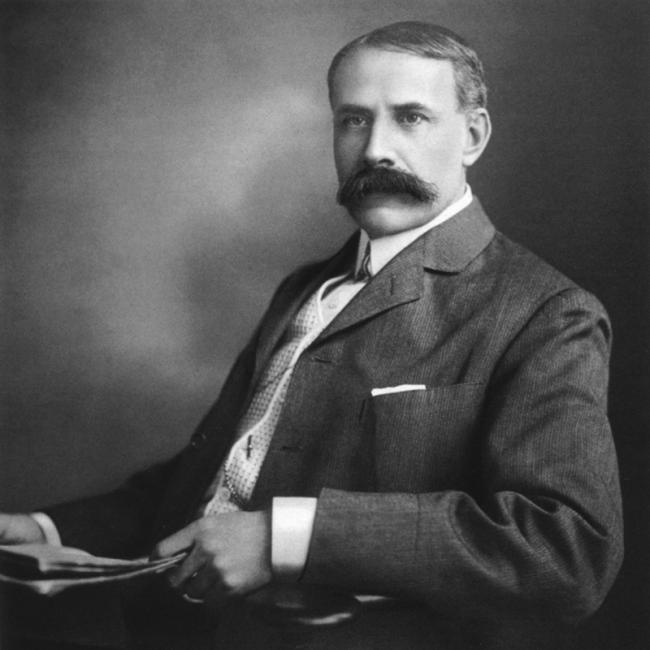Boston Artists Ensemble opens season enjoyably with aptly autumnal program

Edward Elgar’s Piano Quintet was performed by the Boston Artists Ensemble Friday night at Hamilton Hall in Salem.
The Boston Artists Ensemble picked a choice program for the beginning of what is colloquially known as “spooky season” — the period of autumn leading up to Halloween when every cafe has a pumpkin-spiced latte on their menu and a pumpkin display in their window.
Wistful, haunting, and yes, even spooky, the mutable chamber presented its enjoyably autumnal program Friday night at Hamilton Hall in Salem (also an apt location).
Titled “Harbingers of Change,” opened with Belgian composer Frank Martin’s Piano Quintet, written in 1919, the wake of World War I. The Swiss composer’s work hits the listener from the jump with insistent same-note motif that the ensemble chose to attack like a clock chiming. Each movement has a distinct character that evokes a very particular mood—somber, dreamy, foreboding, or joyful—and yet that fluently complement each other. After getting warmed up, the five players blended well and basking in the emotionally and aurally complex piece that weaves and winds its way around itself.
Alexander Velinzon, sitting second violin, had an especially poignant passage in the third movement; during a dense sonic and emotional back-and-forth with first violinist Sharan Leventhal’s first violin, he managed to make his sound shine through like a sparkling diamond in an affecting moment.
Following the Martin Quintet came what was advertised as a “mystery piece,” featuring cellist Jonathan Miller and pianist Marc Ryser. Members of the board of directors passed out sheets for the public to guess the mystery piece. (This reviewer guessed Debussy, erroneously.)
The piece was Janáček’s Pohádka for cello and piano, which lightly whirls and plays with your ears like whimsical red leaves caught in the wind. Unfortunately, the delicate, pizzicato cello chords sounded stiff with the music. By the second and third movement Miller had warmed up and attacked the phrases with more warmth and grace but a certain hesitancy in Miller’s cello fitfully occurred throughout the evening. Also unhelpful was that in the very live acoustic, Ryser’s piano would occasionally overwhelm the cello as well.
After intermission all five musicians returned for Sir Edward Elgar’s Piano Quintet. Coming from the same postwar era (1919), this is a dense and dramatic work,,reportedly inspired by ghostly legends about a particularly gnarly grove of trees close to where Elgar was living at the time.
Before commencing, Miller announced that the cello he was playing was actually the same cello used at the premiere of the piece in 1919, which made for a touching tribute. The ensemble presented the opening motif assertively, and gelled as a group into a beautiful, lush sound. Violist Rebecca Gitter especially seemed to dig into the depths of her instrument, which made for some rich alto moments in the second movement. The ensemble cumulatively drew a forthright musical narrative out of an emotionally charged piece, artfully combining their distinct sounds into a lovely experience.
The program will be repeated 3 p.m. Sunday at St.Paul’s Church in Brookline. bostonartistsensemble.org
Posted in Performances